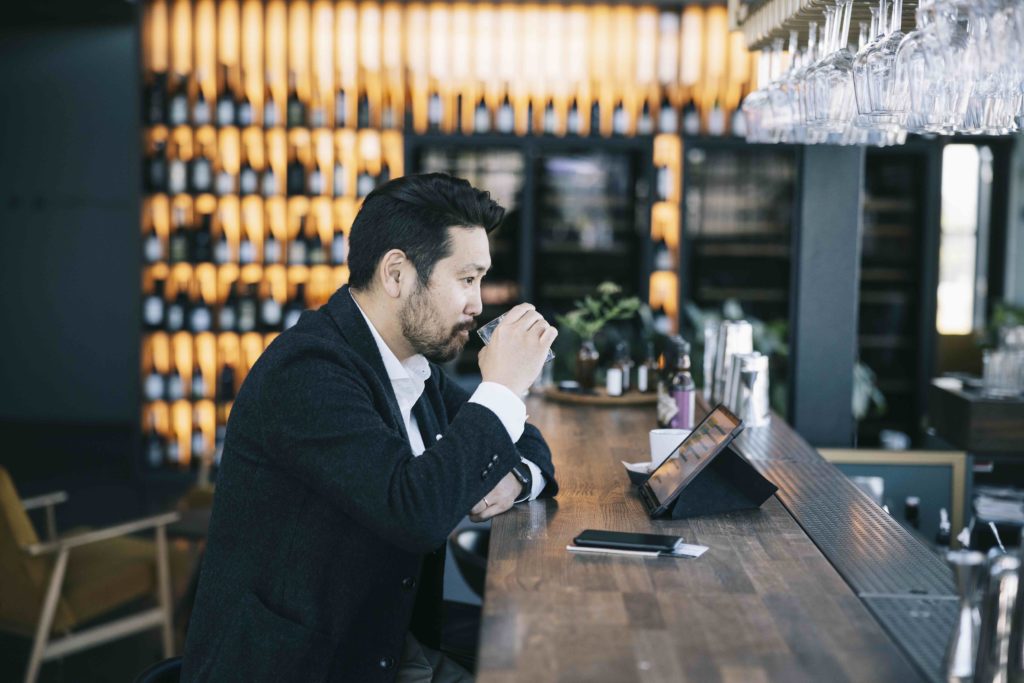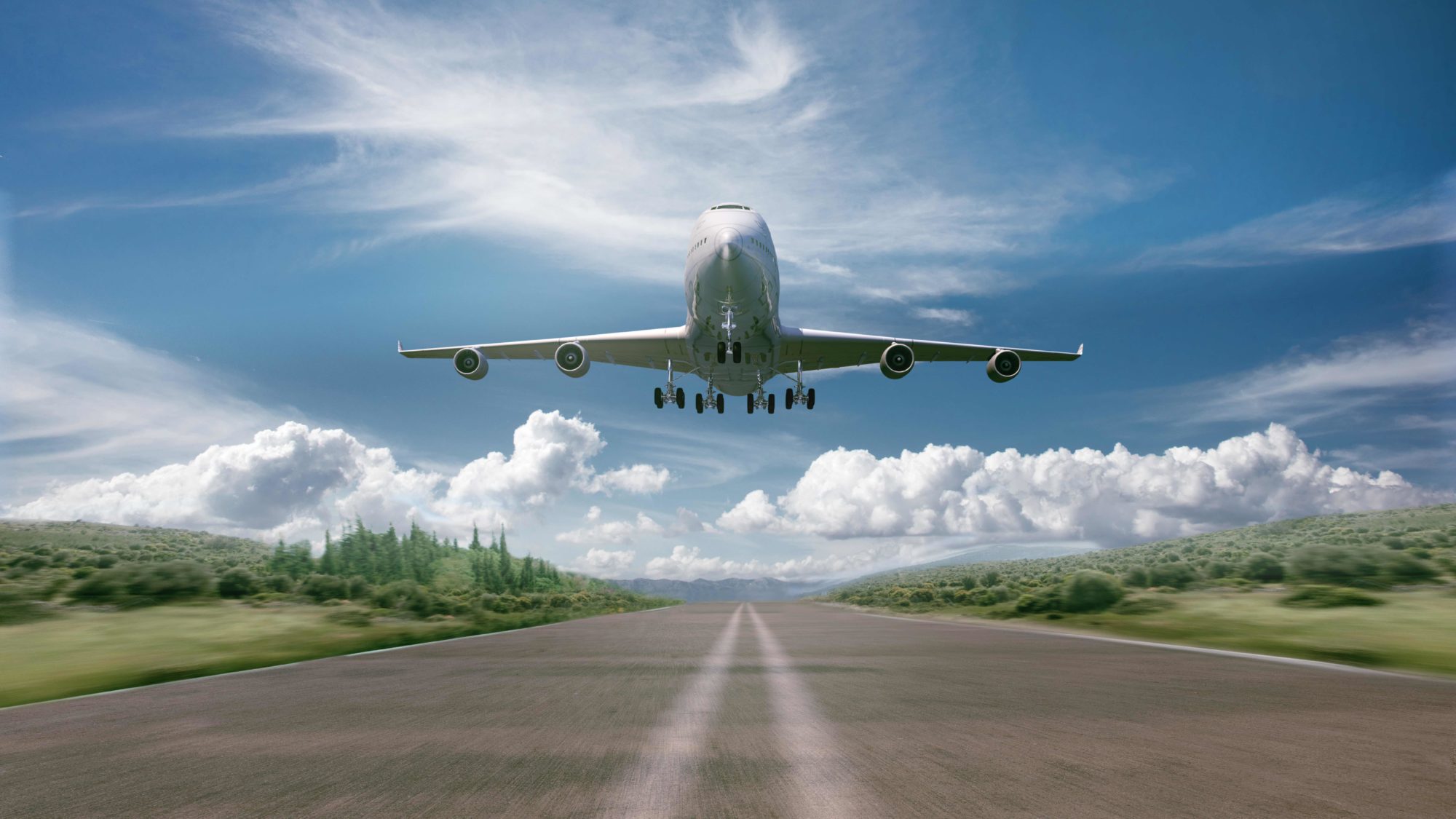No one knows when the Covid-19 pandemic will be declared “over,” but with Canada’s vaccination rollout going well and border restrictions easing, travellers are starting to plan their next vacation. And Albertans are hungry to travel again. But there’s a lot to consider when booking a trip in a post-Covid world.
To a significant extent, the timing of any trip you may want to take will depend on the destination you want to visit. If you’re keen to explore the nooks and crannies of Canada, you can do so without too much hassle: Most provinces no longer require fully vaccinated Canadians to quarantine upon arrival. You may, however, have to submit additional paperwork proving your vaccination status and abide by other province-specific regulations. You’ll want to verify these details before you book—and again before you depart, to stay up to date on the most recent requirements and restrictions.
PLAN AHEAD
If you’re longing to see Tanzania or Thailand (or anywhere else outside of Canada), you should plan your trip for 2022 or beyond. The pandemic impacted different regions differently, and the global vaccine rollout has been patchwork at best. Some countries that have reopened for tourism may nevertheless be dealing with Covid outbreaks; destinations may change their rules for incoming visitors at any time.
“Travel is a little more complicated now,” says Terry Vander Linden, manager of product marketing for AMA Travel. “Most of our bookings are for 2022, but we’re now also seeing clients book for 2023 and 2024 so they can be assured they’re securing the trip they want.” Wherever you want to visit—and whenever you want to go—a travel counsellor can help you navigate the rules of travel’s new normal.
DID YOU KNOW?
Though Canada’s travel-isolation rules are subject to change, at present, fully vaccinated Canadians need not quarantine upon returning home from abroad. All travellers, however, must download the ArriveCan smartphone app and provide their personal info, vaccination status and a negative Covid test within the 72 hours before they reenter the country.

DO YOUR HOMEWORK
When the pandemic began, travellers around the world were faced with the headache of having to return from trips they were on, cancel future travel plans and navigate a labyrinth of rules for rescheduling or getting some of their money back. Now, most hotels, airlines, and cruise and tour operators are offering flexibility if you have to make last-minute changes or cancellations due to Covid-19.
“There’s a lot of comfort in that for travellers,” Vander Linden says. “You can book your trip and if something goes sideways with Covid between now and then, in many cases, you’ll be able to make adjustments.”
Knowing this, it’s nevertheless advisable to research your preferred destinations and travel providers in advance, to get a sense of their Covid procedures.
While the majority have masking and physical-distancing guidelines in place, and have enacted enhanced cleaning policies, it’s inevitable that some will be more strict about these rules than others. Check online and read reviews to inform your decision making, based on your comfort level. A travel counsellor can also help you identify accommodations and tour companies that have built a reputation for Covid safety over the past 18 months.
Each country that’s accepting visitors also has distinct (and subject-to-change) rules for entry. As of November 2021, fully vaccinated visitors to Costa Rica, for example, do not have to quarantine or provide a negative Covid test. Vaccinated visitors to the U.K. might not have to self-isolate, but do have to be tested after their arrival. On the other hand, Thailand continues to require most travellers to quarantine for 14 days.
And it’s worth noting that some countries do not recognize mixed vaccine doses: If you received a first jab of, say, AstraZeneca but your second dose was Pfizer, you may not be considered fully vaccinated.
EMBRACE FLEXIBILITY
As the travel industry gets back up to speed following more than a year of extremely curtailed global tourism, it’s natural that there may be some turbulence. Among other things, Vander Linden advises that for the foreseeable future, capacity limits for flights, hotels and experiences will make it difficult for prospective travellers to simply get up and go.
“You can’t depart on a flight every hour like you used to,” he says. ”And you may not get nonstop service like you used to either—at least not yet.” In which case, consider booking a longer layover to give yourself some breathing room in case of issues with your connecting flight.
Another amenity currently subject to supply constraints? Rental cars. “They’re going to be ridiculously hard to find—and expensive, sometimes, if you do find them.”
For these and many other reasons, always have your travel counsellor’s information on-hand. With AMA Travel, a simple phone call gives you access to 24/7 assistance to change flights, revise hotel bookings, or modify other aspects of your trip.
Yet despite a few bumps as tourism ramps up again, Vander Linden and his AMA Travel colleagues expect smoother going soon enough. “We haven’t yet returned to business as usual, but with the right support and knowledge, people are moving from hesitation to anticipation when it comes to planning trips. Now more than ever, travellers want to know that a professional has their back—so they can feel secure getting out and exploring the world again.”
TRUST AN EXPERT
So you’ve chosen your destination and dates and are ready to start making arrangements. Nowadays, there’s more to consider than the cost of flights and the differences between three- and four-star hotels. In particular: How will your travel investment be protected if Covid-19 (or any other issue) crops up? Booking with a travel counsellor can help keep unexpected concerns from becoming insurmountable problems.
“Travel counsellors have become critical translators of complex government advisories, testing requirements, and the ins and outs of insurance policies,” Vander Linden says. “We have answers to questions many people may not have even thought of asking—whether that’s understanding which travel insurance policy will best protect you, advising about travel dates to help you avoid crowds, or simply knowing the Covid-specific documentation you’ll need to carry for your destination.”
It’s equally important to have a strong grasp of the terms and conditions of your flights, hotels and other travel providers. “Right now, suppliers are being very flexible, granting certain changes and cancellations that would not previously have been allowed,” Vander Linden says. “When you book with a travel counsellor, they are able to help you figure out all your options and make the necessary arrangements for you.”
There’s definitely more to consider when it comes to travelling in the age of Covid, but with a little due diligence—and perhaps some professional assistance—it is possible to enjoy a safe, unforgettable vacation in the destination of your dreams.
